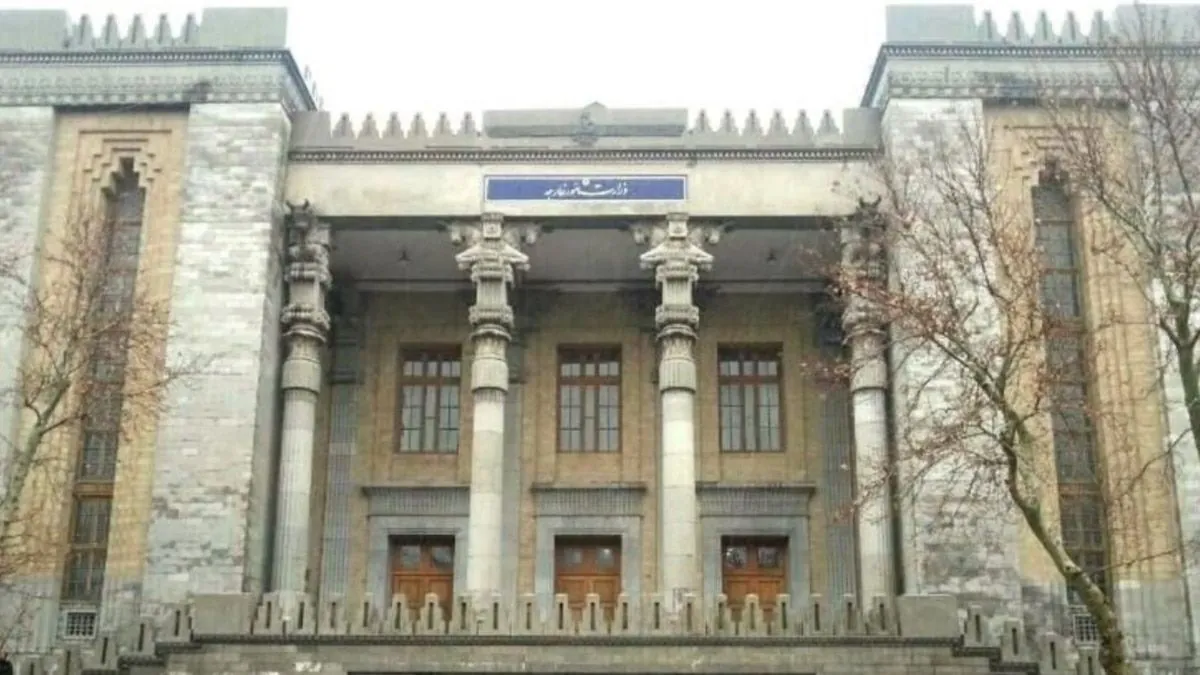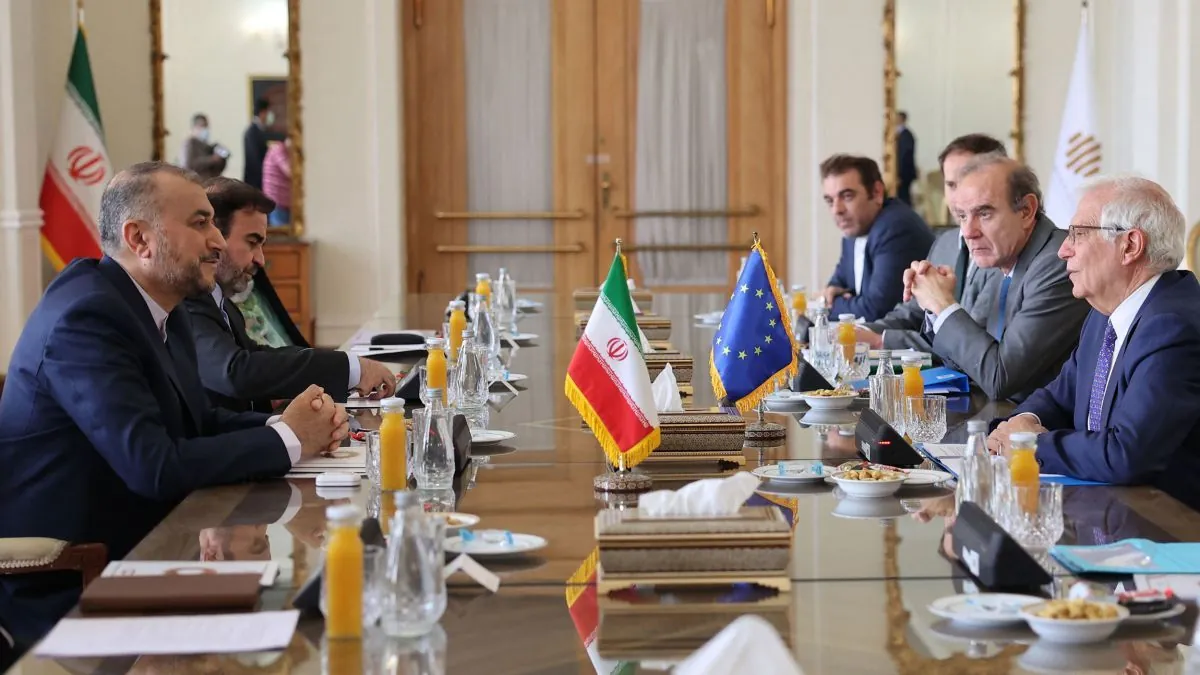Iran Rebukes European Nations Over Missile Supply Allegations
Iran summoned European envoys over accusations of supplying missiles to Russia for use in Ukraine. The move comes amid new sanctions and heightened tensions between Iran and Western nations.

On September 12, 2024, the Iranian government summoned the ambassadors of Britain, France, Germany, and the Netherlands to address accusations regarding Tehran's alleged supply of short-range ballistic missiles to Russia for use against Ukraine. This diplomatic action underscores the ongoing tensions between Iran and Western nations, rooted in a complex history of international relations and sanctions.
The summoning of envoys came in response to a joint statement issued by Britain, France, and Germany on September 10, 2024. These European powers condemned the purported transfer of missiles, describing it as "an escalation by both Iran and Russia" and "a direct threat to European security." The statement was accompanied by the announcement of new sanctions against Iran, including restrictions on Iran Air's operations in the UK and Europe.

Iran's Foreign Ministry vehemently denied these accusations, characterizing them as part of the West's "ongoing hostile policy against the Iranian people." The ministry warned that such actions would "be met with an appropriate response from the Islamic Republic of Iran." This stance reflects Iran's long-standing position of resistance against Western pressure, a policy that has been in place since the establishment of the Islamic Republic in 1979.
The allegations center around the Fath-360 close-range ballistic missile system, which has a maximum range of 120 kilometers. This system, first unveiled in 2020, represents Iran's continued development of its missile capabilities, a program that dates back to the 1980s. The transfer of such weapons without prior approval would violate United Nations Security Council Resolution 2231.
U.S. Secretary of State Antony Blinken added to the controversy earlier this week, stating that Iran had ignored warnings about the consequences of transferring such weapons. Blinken claimed that dozens of Russian military personnel had received training in Iran on the use of the Fath-360 system.
"The insistence on taking such positions is seen as part of the West's ongoing hostile policy against the Iranian people. These actions will be met with an appropriate response from the Islamic Republic of Iran."
This diplomatic row occurs against the backdrop of Iran's complex relationship with the international community. The country has been under various sanctions for decades, particularly related to its nuclear program and alleged support for non-state actors in the Middle East. The Joint Comprehensive Plan of Action (JCPOA), signed in 2015 to address concerns about Iran's nuclear activities, has faced significant challenges since 2018.
The impact of these new sanctions on Iran Air, the oldest airline in the Middle East founded in 1944, could further strain Iran's economy, which has already been significantly affected by international restrictions. The Iranian government often refers to Western nations, particularly the United States, as the "Global Arrogance" in its rhetoric, reflecting the deep-seated tensions that continue to shape its foreign policy.
As this situation unfolds, it highlights the ongoing challenges in international relations, particularly concerning arms control, regional security, and the complex dynamics between Iran and Western powers. The resolution of these issues will likely require sustained diplomatic efforts and a willingness to engage in constructive dialogue from all parties involved.


































